Whatever Uri Berliner was hoping to accomplish with his recent article on the shift in National Public Radio‘s newsroom culture and how it affected the outlet’s approach to journalism over the last few years, this probably wasn’t the outcome he was hoping for. Indeed, in light of the piece’s publication, calls to defund NPR, among other disparagements, have been coming in hard and fast, despite Berliner’s explicit assertion that federal defunding is not the answer.
But what exactly would happen if Donald Trump’s wish comes true, and henceforth not a single cent of government funding finds its way to NPR?
How does NPR get funding?
Simply put, National Public Radio’s funding can be boiled down to three main sources; dues from NPR’s member stations (which reportedly number over 1000), corporate sponsor underwriting (which, albeit with notable restrictions, are tangential to quick advertisements), and direct grants from publicly-funded institutions such as the Corporation for Public Broadcasting.
Now, the grants reportedly amount to less than 1 percent of NPR’s revenue, so withdrawing direct federal funding from NPR wouldn’t do much beyond validating the withdrawer’s principles. That funding, however, nevertheless remains an important part of the media lifeblood because it plays an important role in funding independent public radio stations, including the ones who pay dues and fees to NPR, among other media organizations.
In other words, to truly defund NPR would be to defund the media on a much wider scale, and while we all have a role to play in engaging with one another and our surrounding enterprises with the goal of arriving at truth, gutting an institution on the accusations of its failure to play its extra-pivotal role is not the answer. Reassess by all means, explore accountability measures, but keep the craft intact.



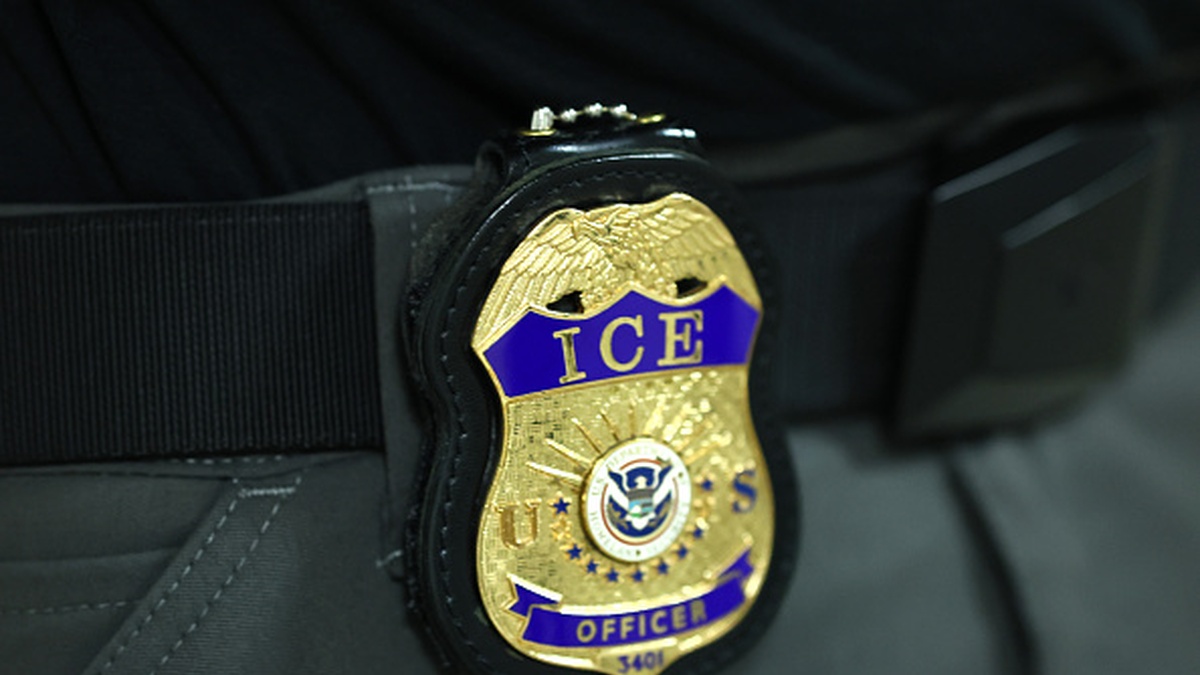
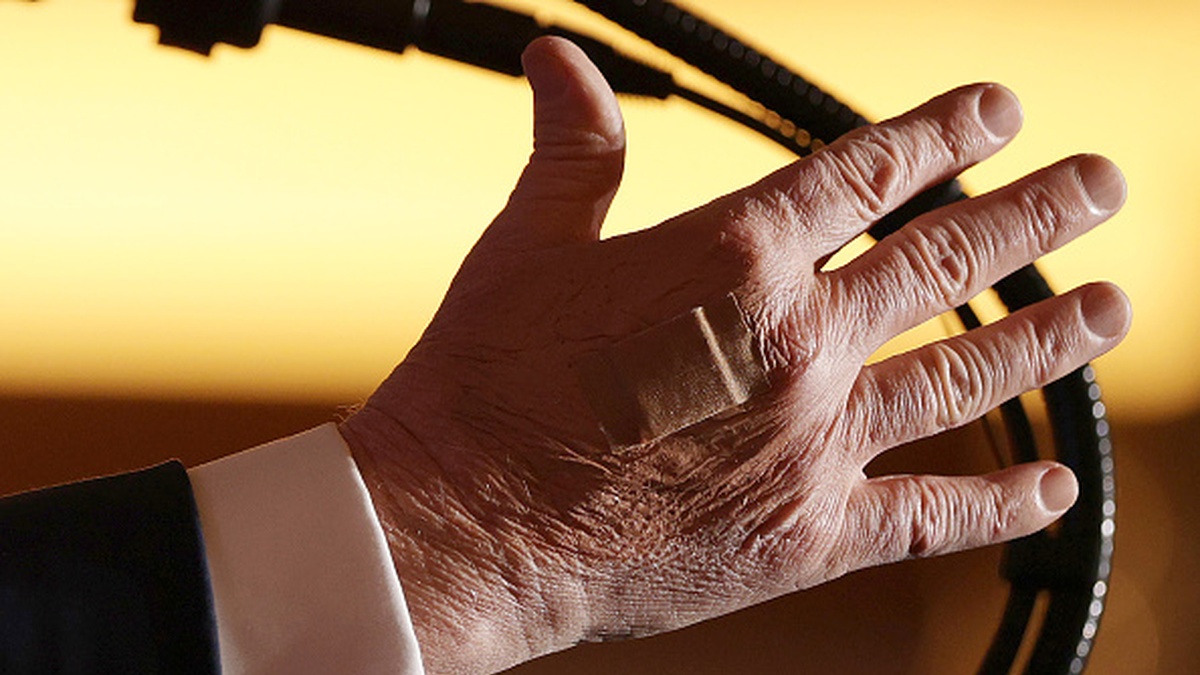
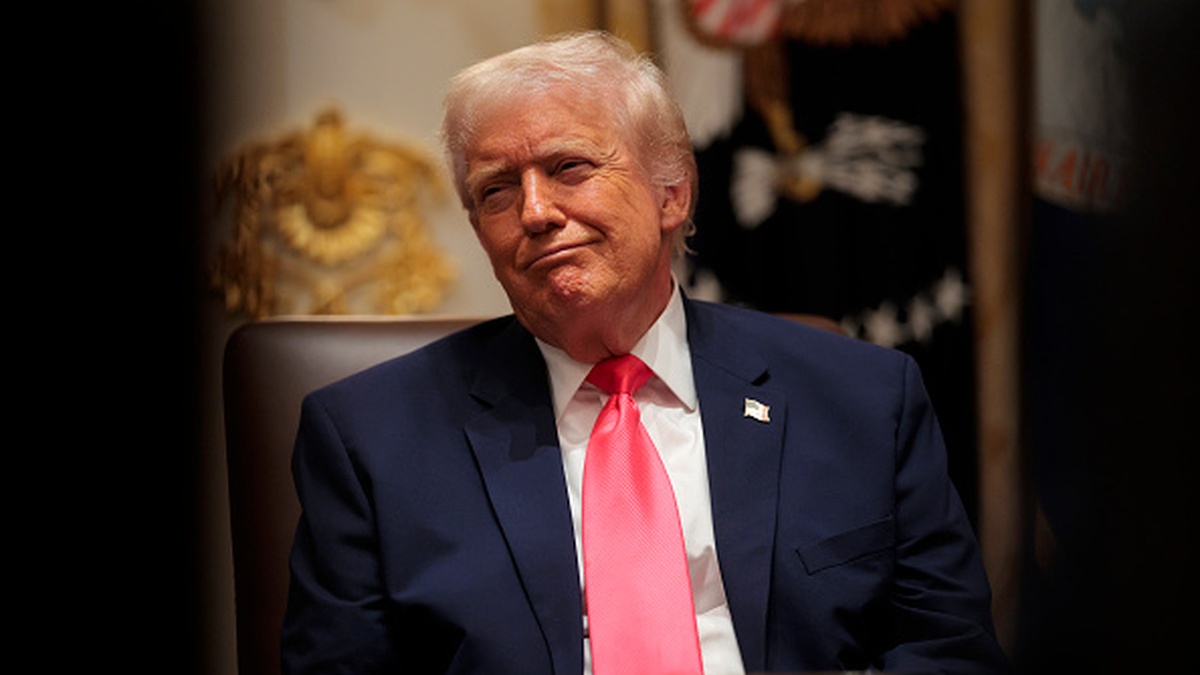
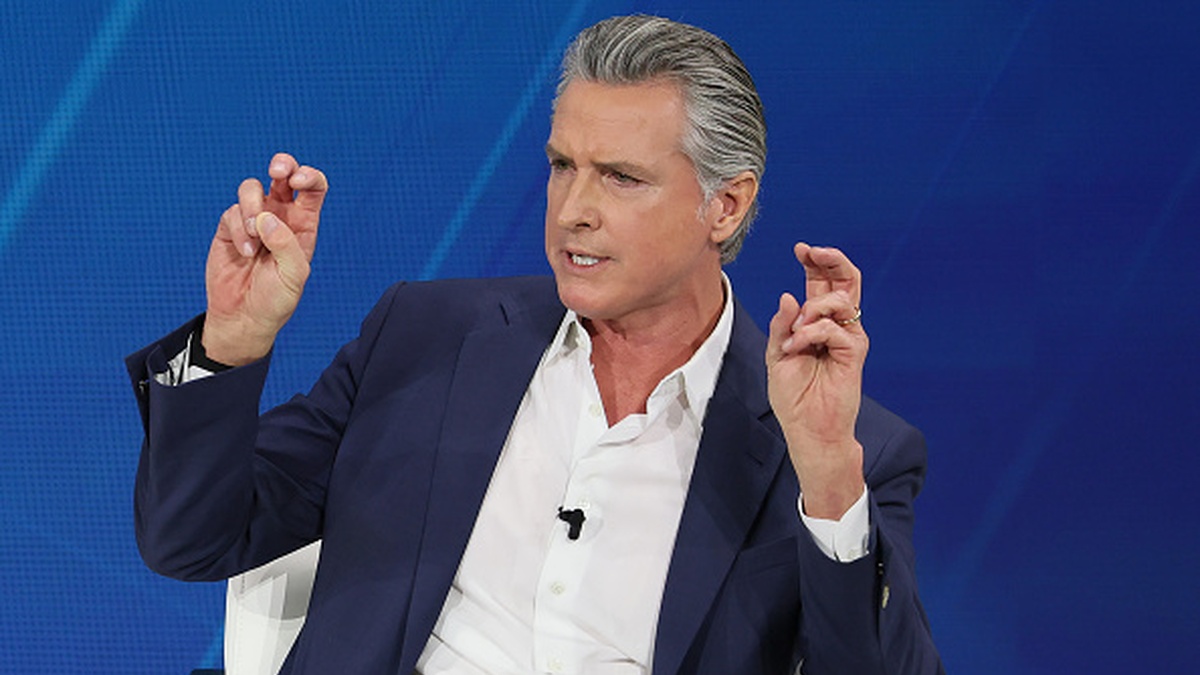
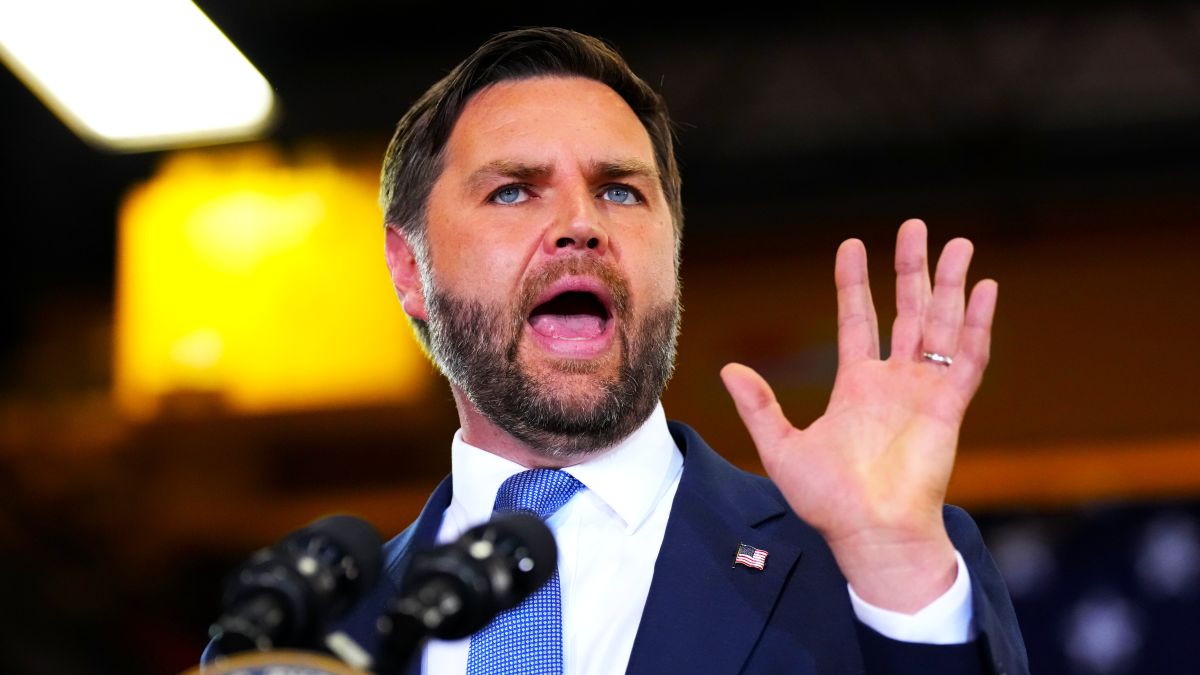
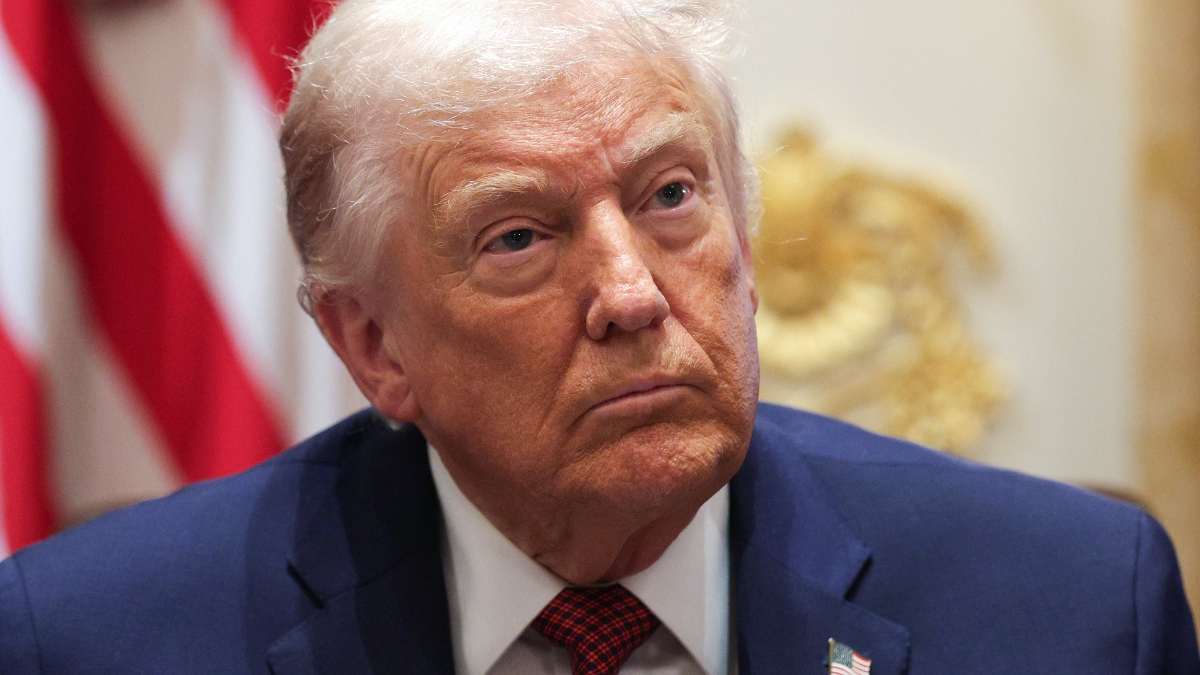


Published: Apr 15, 2024 11:22 am